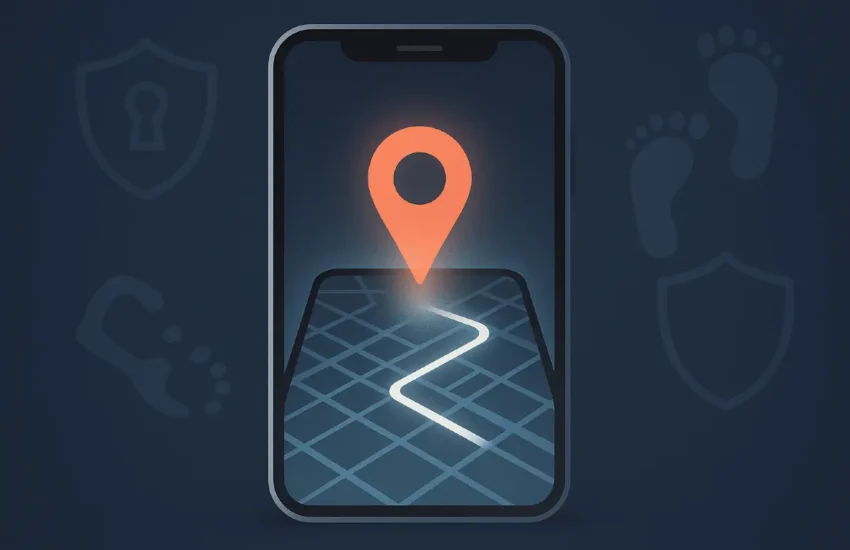The Impact of Online Learning on Business Education: Trends and Challenges
Recently, education has experienced a dramatic transformation with the proliferation of online learning. This paradigm shift has had an immediate effect on business education – presenting both trends and challenges that must be carefully assessed. In this blog post, we will examine this impact through academic perspectives while also looking at its trends.

Trends in Online Business Education
Flexibility and Accessibility: Online learning has revolutionized business education. By offering asynchronous learning modules and accessing course materials from anywhere with an internet connection, students can now pursue business education without geographical restrictions. This flexibility is particularly useful for working professionals looking to advance their skills or pursue advanced degrees while remaining within their careers.
Technological Integration
One notable trend in online business education is the adoption of cutting-edge technologies in virtual classrooms, interactive simulations and real-time collaboration tools as integral parts of an engaging online learning experience, in line with academic approaches that emphasize the practical application of theoretical concepts.
Global Networking Opportunities
Online platforms have offered ample networking opportunities for business students and professionals from diverse backgrounds. Through virtual seminars, webinars, and collaborative projects involving learners from diverse backgrounds – provide learners with a global outlook in business education that is increasingly valued within academic and professional circles alike.
Personalized Learning Paths
With the rise of adaptive learning technologies comes personalized learning paths customized to individual student needs. Online platforms analyze student performance and adjust curriculum based on this practice – something well supported by academic research that supports its success at improving educational outcomes.
Challenges associated with online business education
Lack of Face-to-Face Interaction
Online learning offers many advantages; however, its absence of face-to-face interactions remains a drawback. Traditional business education classroom environments allow for spontaneous conversations, debates, and networking opportunities – integral elements of an academic experience.
Maintaining Academic Integrity
The virtual nature of online learning presents unique challenges when it comes to maintaining academic integrity – a paramount consideration within academic circles. Educational institutions and online platforms must invest in safeguards against plagiarism and cheating to maintain the credibility of online business education in academic contexts.
Digital Fatigue
Extended screen time and overuse of digital platforms can result in digital fatigue among online learners, impairing academic performance. Balancing screen time by including interactive, non-screen activities in courses is crucial; doing so supports best practices that prioritize student wellbeing.
Technology Accessibility
While online learning has opened doors for some students, accessibility remains an issue for others. This has serious ramifications for academic inclusivity and emphasizes the need to bridge digital divides to ensure equitable access to educational resources.
Navigating the Future of Online Business Education: A Case for Innovation
To meet the challenges and take advantage of trends in online business education, an effort requiring collaboration from educational institutions, online platforms, and students themselves must be put forth – one founded on academic research and pedagogy principles.
Key components include creating an appropriate balance between virtual and in-person interactions while implementing measures for academic integrity and addressing digital accessibility as best practices are put in place.
Educators must stay abreast of new technologies to enhance the online learning experience for their students. Integrating real-world case studies, industry partnerships and experiential learning opportunities into business education online ensures it remains pertinent and impactful – consistent with the academic pursuit of excellence.
Emergent Pedagogy: Exploration of Emerging Approaches
As online business education has developed, its rise has spurred educators to reevaluate traditional pedagogy from an academic standpoint and experiment with innovative teaching techniques in order to maximize its advantages for virtual learning.
Problem-based learning, collaborative projects, and industry-relevant case studies are becoming more prominent features in courses designed specifically for online business education – in line with academic approaches that emphasize active and experiential learning.
AI and machine learning algorithms in online education platforms are providing data-driven insights into student performance derived from academic research on educational technology. Furthermore, these technologies contribute to the overall effectiveness of online business education by offering tailored guidance throughout students’ academic journey based on academic data analysis.
Opportunities for Professional Growth
Online business education has quickly become an invaluable source for continuous professional development, offering working professionals a route toward career advancement. Working professionals can now take advantage of specialized certifications, micro-credentials, and short courses available online in order to stay abreast of industry trends and acquire new skills – offering individuals greater adaptability when dealing with rapidly shifting business landscapes while at the same time cultivating a culture of lifelong learning within professional circles – something highly prized in both academic and professional environments.
Online business education has further increased access to high-quality courses from esteemed institutions, in line with academic principles of inclusivity. It breaks down traditional barriers by giving access to students from diverse socio-economic backgrounds with equal educational resources as their more privileged counterparts – an academic effort toward creating equal opportunities for all.
Conclusions
In conclusion, online learning’s impact on business education goes well beyond virtual classrooms – shaping pedagogic approaches and offering professional development opportunities that extend far beyond any one virtual classroom. While challenges still remain, technology and innovative teaching methods backed by academic research offer promise in effectively addressing them.
As online business education increasingly transforms the future of learning, educators, institutions, and learners must work collaboratively to adapt these trends to create an inclusive, engaging, and effective educational experience grounded in academic principles and your academic writing. By meeting the changing landscape with adaptability and excellence, online business education can truly fulfill its potential as a transformative force to mold tomorrow’s leaders within rigorous academic standards.


